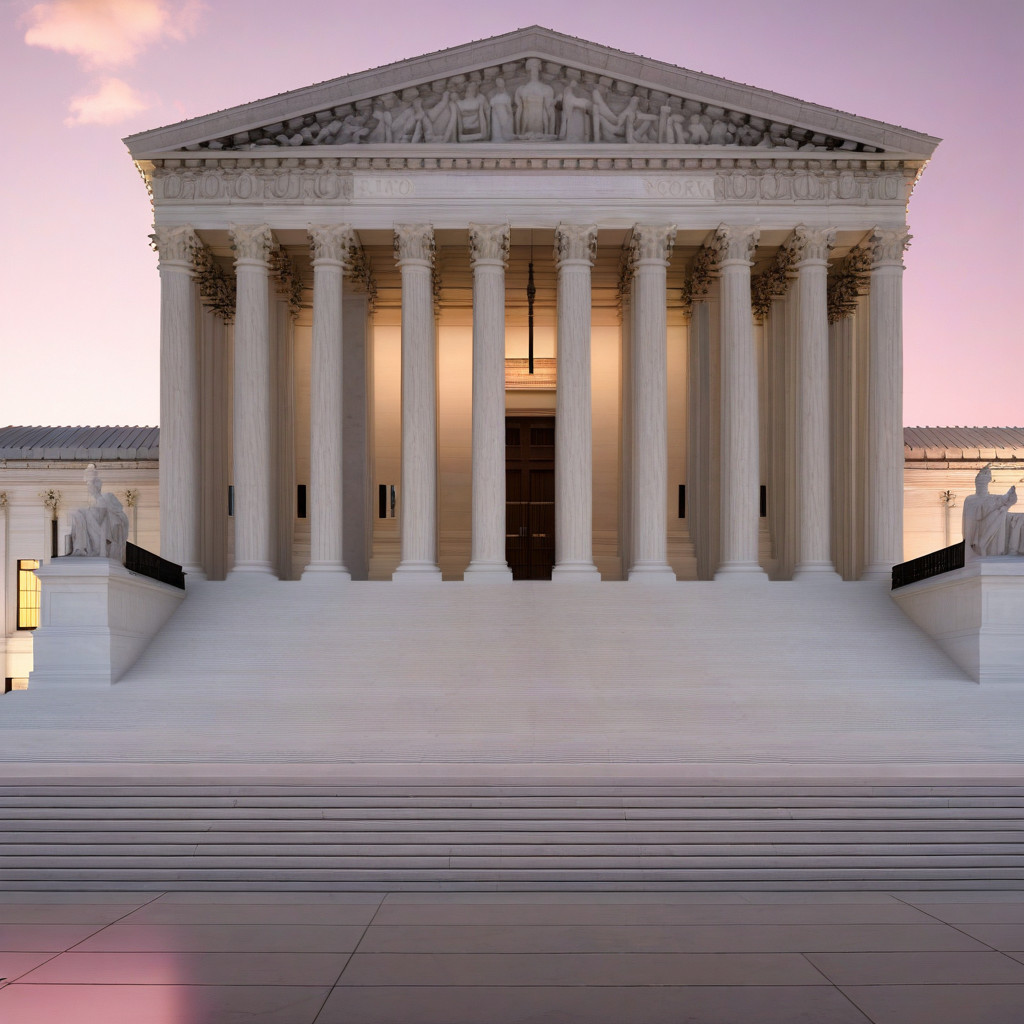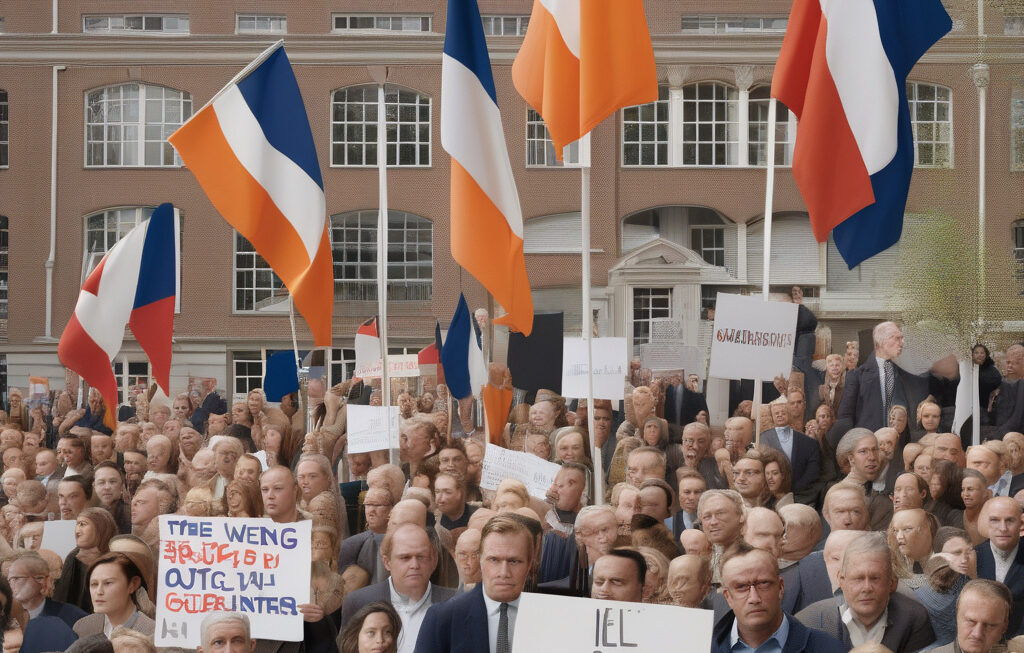US Supreme Court Upholds Law Banning TikTok
In a landmark decision, the US Supreme Court has upheld a law banning the popular social media platform TikTok. The justices ruled that the law, passed by an overwhelming bipartisan majority in Congress last year and signed by Democratic President Joe Biden, did not violate the US Constitution’s First Amendment protection against government abridgment of free speech.
The decision comes after months of legal battles and public debate surrounding the app’s potential national security risks and its impact on users’ data privacy. TikTok, owned by Chinese company ByteDance, has faced scrutiny from US lawmakers who raised concerns about the app’s data collection practices and its ties to the Chinese government.
Supporters of the ban argue that TikTok poses a threat to national security, citing potential data breaches and the app’s ability to spread misinformation and propaganda. They also point to China’s strict censorship laws and argue that allowing TikTok to operate in the US could enable the Chinese government to influence American public opinion.
Opponents of the ban, on the other hand, view it as a violation of free speech rights and an overreach of government authority. They argue that the ban sets a dangerous precedent for government censorship of online content and could pave the way for further restrictions on internet freedom.
Despite the controversy, the Supreme Court’s decision to uphold the ban reflects a growing consensus among lawmakers and tech experts about the need to address national security concerns in the digital age. With the increasing influence of social media platforms on public discourse and political affairs, the regulation of these platforms has become a pressing issue for governments around the world.
The case of TikTok highlights the complex interplay between national security, free speech, and technological innovation in the modern era. As governments grapple with these challenges, it is essential to strike a balance between protecting citizens’ rights and safeguarding national interests.
While the Supreme Court’s decision may be seen as a victory for national security advocates, it also raises important questions about the future of online censorship and the role of government in regulating digital platforms. As technology continues to advance at a rapid pace, policymakers must adapt to ensure that laws and regulations keep pace with the ever-changing digital landscape.
As the debate over TikTok and other social media platforms continues, one thing is clear: the intersection of technology, politics, and national security will remain a contentious issue for years to come. The Supreme Court’s ruling sets a precedent for how governments can address these challenges while upholding the principles of free speech and democratic values in the digital age.
#SupremeCourt, #TikTokBan, #NationalSecurity, #FreeSpeech, #DigitalAge











